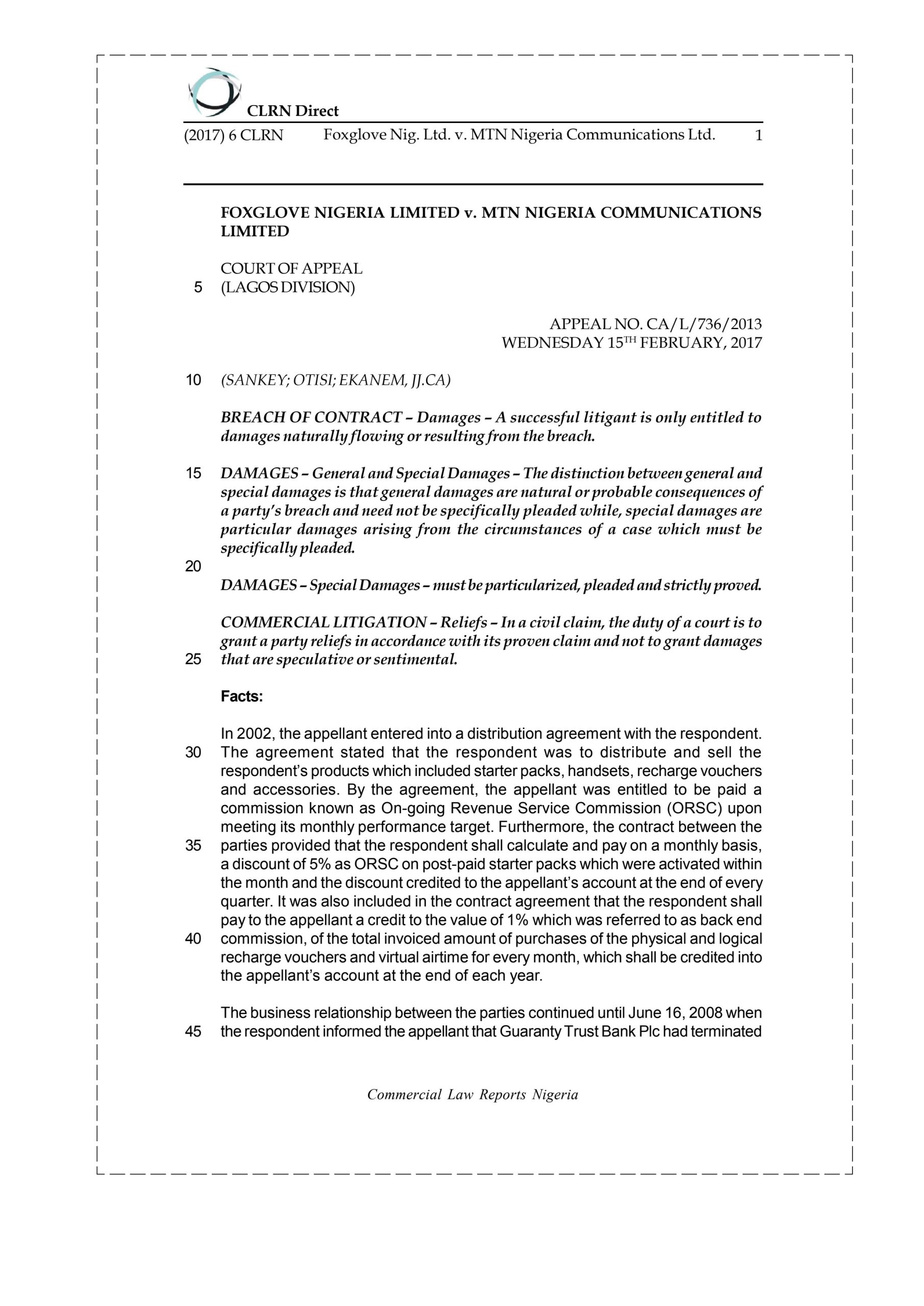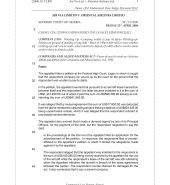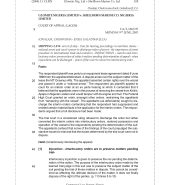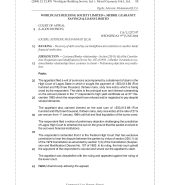Foxglove Nig. Ltd. v. MTN Nigeria Communications Ltd.
₦300
In Stock
Facts:
Facts:
In 2002, the appellant entered into a distribution agreement with the respondent.
The agreement stated that the respondent was to distribute and sell the
respondent’s products which included starter packs, handsets, recharge vouchers
and accessories. By the agreement, the appellant was entitled to be paid a
commission known as On-going Revenue Service Commission (ORSC) upon
meeting its monthly performance target. Furthermore, the contract between the
parties provided that the respondent shall calculate and pay on a monthly basis,
a discount of 5% as ORSC on post-paid starter packs which were activated within
the month and the discount credited to the appellant’s account at the end of every
quarter. It was also included in the contract agreement that the respondent shall
pay to the appellant a credit to the value of 1% which was referred to as back end
commission, of the total invoiced amount of purchases of the physical and logical
recharge vouchers and virtual airtime for every month, which shall be credited into
the appellant’s account at the end of each year.
The business relationship between the parties continued until June 16, 2008 when
the respondent informed the appellant that Guaranty Trust Bank Plc had terminated its bank guarantee and there was need for a replacement before June 30th, 2008.
The appellant complied with the respondent’s request by delivering another bank
guarantee. However, on the same date, the respondent relying on certain clauses
of the agreement, sent another letter in which it terminated the distribution
agreement with the respondent. The respondent was alleged to have violated the
procedure agreed upon by the parties before a termination could be effected. By
the said clause, a 14 days’ notice was required to be given by the respondent
indicating the nature of the breach where it occurs for the first time and a termination
if the breach reoccurred within the preceding 12 months after the initial notice had
been given to the appellant. Yet, the respondent in spite of the termination which
took effect on July 1, 2008, continued its business relationship with the appellant
until mid-July 2008 and accumulated a total sum ofN29,000,000.00 (Twenty Nine
Million Naira) but refused to pay the agreed ORSC including the back-end
commission for the period.
The appellant was aggrieved and filed a claim against the respondent at the High
Court of Lagos State claiming among several reliefs a declaration that the contract
termination by the respondent was unlawful having not complied with the procedures
laid down in the agreement. However, the appellant also sought damages which
were general and special in nature. At the end of trial, the court gave judgment in
parts in favour of the appellant and dismissed the reliefs of the appellant which
bordered on special damages which, according to the court were not pleaded and
proved. The appellant was dissatisfied with the court’s judgment and consequently
filed a notice of appeal at the Court of Appeal, Lagos Division.
One of the issues raised for determination was whether the trial court did a proper
evaluation of the facts placed before it and the exhibits tendered by the appellant
before dismissing its claim for damages.







